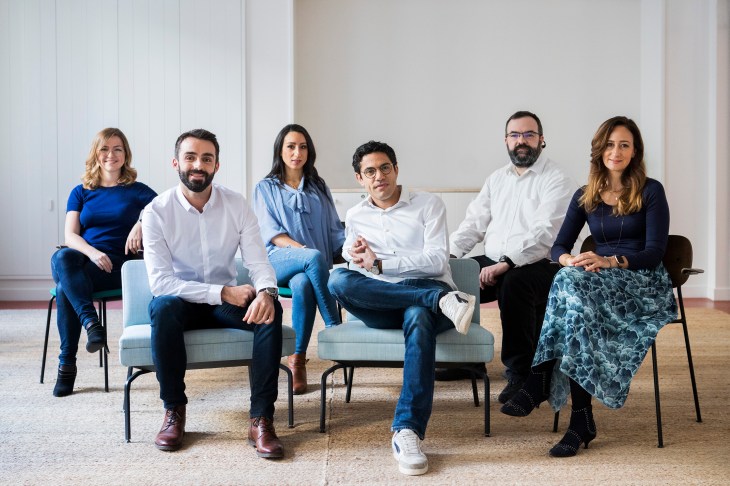French startup Resilience announced yesterday that it has raised a $45 million (€40 million) Series A round led by Cathay Innovation. The startup wants to improve the treatment journey when you’re diagnosed with cancer so that you live a healthier and longer life.
In addition to Cathay Innovation, existing investor Singular is also participating. Other funds are joining the round, such as Exor Seeds, Picus Capital and Seaya Ventures. Finally, some healthcare investors are rounding up the round — Fondation Santé Service, MACSF, Ramsay Santé and Vivalto Ventures.
I already profiled Resilience in March 2021 so I encourage you to read my previous article to learn more about the company. Co-founded by two serial entrepreneurs, Céline Lazorthes and Jonathan Benhamou, the company wants to help both patients and caregivers when it comes to cancer care.
On the patient side, Resilience helps you measure, understand and deal with the effects and side effects of cancer and cancer treatments. Users can track various data points in the app and find content and information about their illness.
But Resilience isn’t just an app that you use at home. It is also a software-as-a-service solution for hospitals so they can better personalize their treatments. Resilience has been founded in partnership with Gustave Roussy, one of the leading cancer research institutes in the world.
Practitioners will be able to take advantage of all the data that patients have gathered from the app. This way, cancer treatment facilities understand the patient better and can adapt their care more quickly. Resilience has acquired Betterise to gain a head start when it comes to data-driven cancer care.
The long-term vision is even more ambitious than that. If you talk with a caregiver working for a cancer treatment facility, they’ll tell you they never have enough time.
And it’s even more difficult to keep track of new treatments that are becoming more and more specialized. Resilience doesn’t want to replace doctors. But it wants to help them overcome blindspots.
The result should be better care for patients, as well as more support through the Resilience app. Cancer care is a long and painful process, so anything that can improve this process is a good thing.
